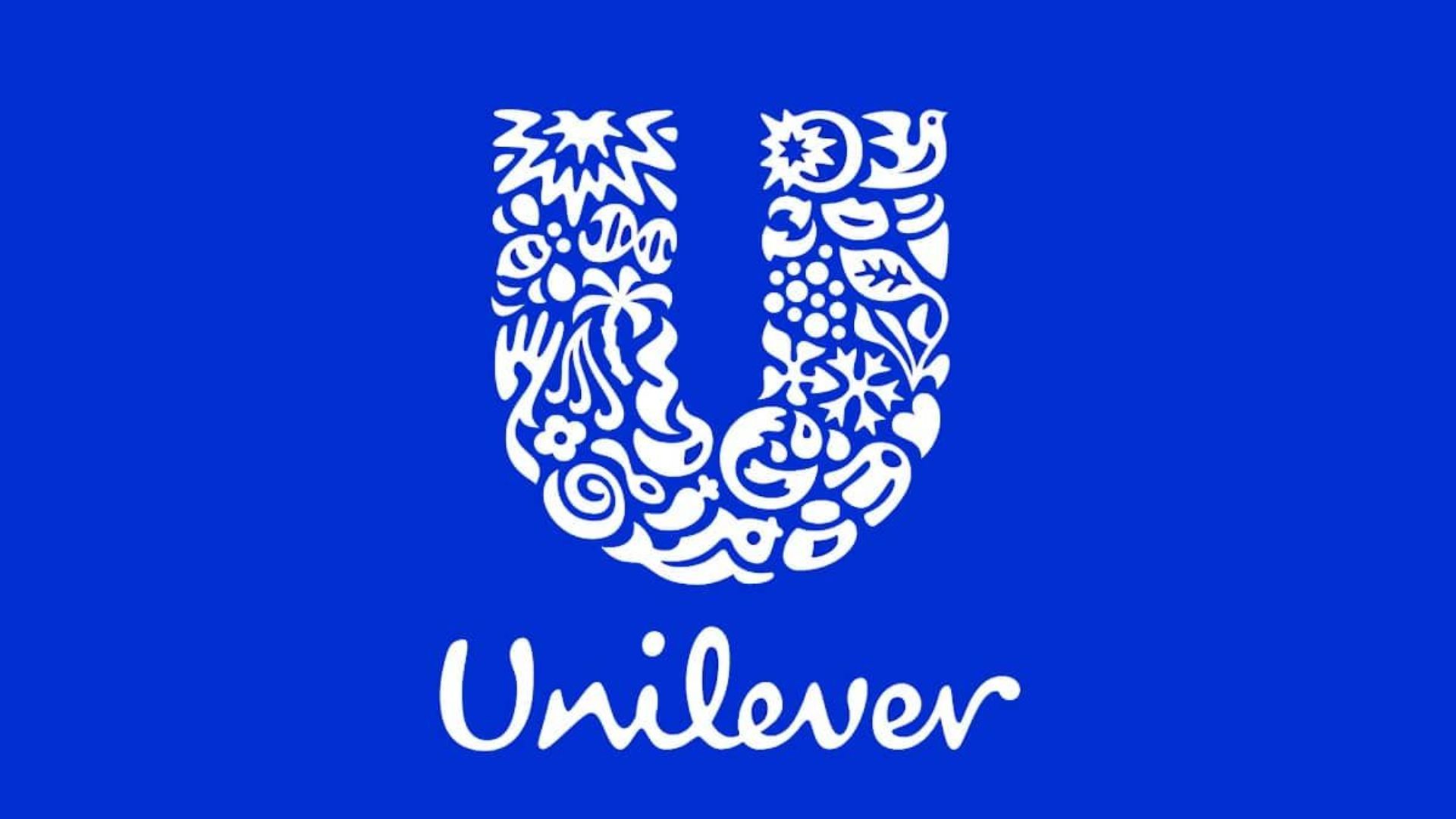
After more than 100 years of selling ice cream, Ben & Jerry’s owner Unilever has lost its taste for the business. Unilever said Tuesday it plans to separate its ice-cream division—which also makes Magnum, Wall’s, Breyers, Talenti, Popsicle and Klondike—into a stand-alone business. It said listing the business as a separate entity is the most likely outcome. A sale is also a possibility. The company—whose stable of brands includes Dove soap, Hellmann’s mayonnaise and Tre Semme shampoo—also said some 7,500 jobs would be affected as part of a restructuring program aimed at saving 800 million euros, equiva Unilever Set to Ditch Ice Cream Continued from Page One lent to about $870 million, over the next three years. The plan is the latest in a string of moves by new Chief Executive Hein Schumacher to simplify Unilever and boost growth at the company, which analysts said has underperformed in recent years. Shares in Unilever closed up 3% in London. Unilever has sold ice cream since it bought Wall’s in 1922, a brand that was started by a butcher’s shop in London as a way to offset weaker meat sales in the summer months. In 1993, Unilever bought Breyers and seven years later purchased Ben & Jerry’s. Collectively, Unilever’s ice-cream business, which includes five of the top 10 global brands in terms of sales, brought in revenue of $8.6 billion last year. But the ice-cream business has in recent years posed big challenges to Unilever. Ben & Jerry’s, once regarded by analysts as a jewel in Unilever’s crown, has turned into something of a thorn in its side. The brand, which has an independent board, and its parent company have repeatedly butted heads in recent years. In 2022, Ben & Jerry’s filed a lawsuit against its parent company after Unilever sold its business in Israel without consultation. That move came after the brand halted sales of its products in Jewish settlements in the Israeli- occupied West Bank and contested East Jerusalem. Most recently, the pair tussled over the presence of Nelson Peltz on Unilever’s board while he also held a position at the Simon Wiesenthal Center. The Jewish organization had urged people not to buy Ben & Jerry’s ice cream after the brand’s independent chairwoman denounced Israel’s actions in Gaza. Peltz resigned from his position at the Wiesenthal Center. The financial performance of the ice-cream business has also been sluggish. Last year, ice cream sales rose 2.3%, the weakest growth rate of any unit in Unilever’s portfolio. The company raised prices to offset higher input costs, resulting in a drop in the amount people bought. Unilever sells about 60% of its ice cream for consumption at home, a business that is particularly sensitive to price changes. The company has a huge ice-cream business in emerging markets such as India and Turkey, but its biggest market is the U.S. Unilever has also long struggled with its out-of-home ice cream business, which includes sales made by street vendors, kiosks and cafes. That business, particularly in Europe, tends to fluctuate depending on the weather, with sales booming during hot summers but declining at cooler times of the year. The company’s efforts to sell ice cream more evenly through different seasons, by pushing home delivery for instance, have had mixed success. The increasing popularity of weight-loss drugs like Ozempic and Zepbound is adding a new uncertainty about future demand for ice cream. Last month, Morgan Stanley cited data showing that ice cream was among the categories for which users of weight-loss drugs cut back spending the most. By contrast, users spent more on yogurt and fish. The ice-cream business also makes up a significant chunk of Unilever’s carbon footprint, with in-store freezers accounting for 10% of the company’s overall greenhouse- gas emissions. Unilever has been working to reduce these, in part by trying to use more renewable energy. Analysts have repeatedly suggested Unilever could look to sell the ice-cream unit or even its entire foods business to boost growth. The ice-cream unit’s capital-intensive cold supply chain is markedly different from that of Unilever’s other businesses. However, frozen-food businesses can be hard to sell as their expensive chilled-logistics network can limit the number of bidders. Bernstein analyst Bruno Monteyne said Unilever had likely decided to spin off the ice-cream business because it couldn’t find a buyer at an acceptable price. Unilever said on Tuesday it expects the ice-cream business to be fully separated out by the end of next year. No decision has yet been made on where the business would theoretically be listed. The restructuring program, according to Unilever, will more than offset the continuing costs incurred from separating ice cream. The company said the proposed changes are expected to affect around 7,500 predominantly office-based roles globally. It employs about 128,000 people around the world. Since Schumacher took the helm last year, Unilever has been pruning its portfolio and shaking up its leadership ranks to try to accelerate growth. Last year, it agreed to sell Dollar Shave Club, which it bought in 2016 for $1 billion, to a U.S. private-equity firm. On Tuesday, Unilever raised its sales guidance over the medium term, saying it would deliver mid-single-digit growth, up from previous guidance of 3% to 5%. It also said it would have a higher margin once the changes have been made. Ice cream has been a tough business for other consumer-goods companies too. In 2019, packaged foods giant Nestlé said it had struck a deal to sell its U.S. ice-cream business, which included Häagen-Dazs and Dreyer’s, to a joint venture it had with a private-equity firm, a move that followed a similar one in Europe
Fuente de nota e imagen: Copyright (c)2024 Dow Jones & Company, Inc. All Rights Reserved. The Wall Street Journal

